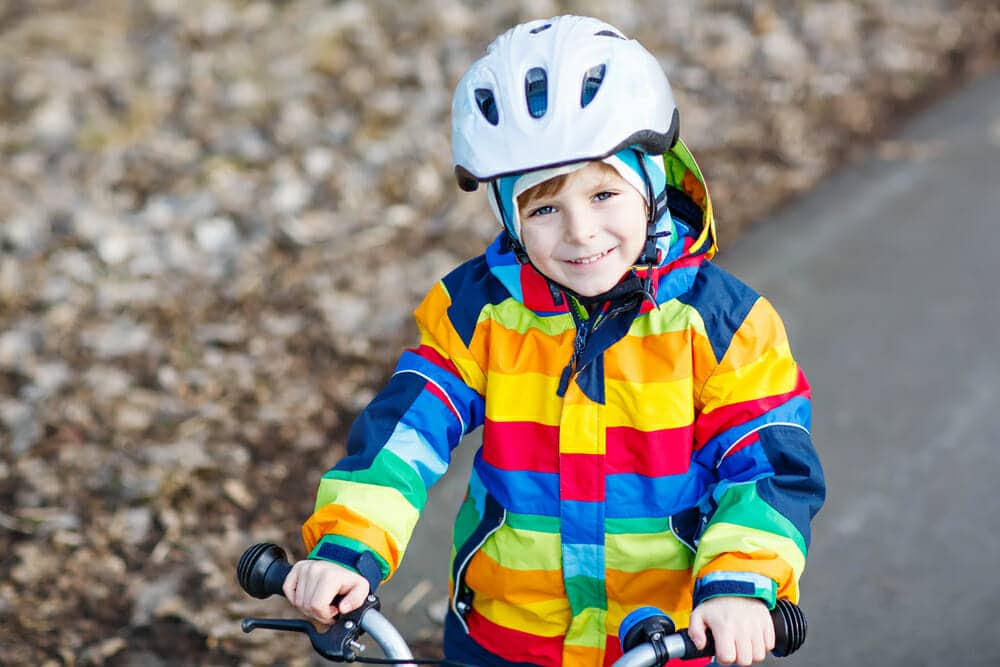Bullying, aggressive behavior and violence in schools are regularly hitting the news. Bullying is finally getting the attention it deserves. Unfortunately, aggression in kids starts much earlier, among preschoolers and kids of kindergarten age. A group of researchers from Penn State found that small children are aggressive for different reasons, and that their reasons dictate how their aggression should be treated.
Why are tiny kids aggressive?
Scientists believe that small children act aggressively out of frustration, when unable to understand or control situation. Learning how to deal with it is normal part of growing up. By the time they reach kindergarten age, we are expecting kids to control their behavior and manage their emotions. Hitting classmates and other kinds of violent behavior is not allowed and it is severely punished. If not addressed, aggression among small children leads to delinquency, drug abuse, dropping out of school or even suicide.
But, to correct aggression in small children, we need to understand the underlying causes. The causes dictate how to approach such behavior so that children understand why they are being punished and how to change.
Study
The study was conducted in all ten elementary schools in Pennsylvania’s Harrisburg School District. Kindergarten teachers were requested to rate the aggression of their youngest students. According to their data, kids were divided into low and high risk groups and tested for a range of factors, from social skills, levels of self-control to verbal and cognitive abilities.
The conclusion of the study is that there are basically two different reasons which account for about 90 percents of aggression of children.
One group of aggressive kids had low verbal ability and levels of cognitive functioning. Without ability to verbalize, children cannot understand the feelings of others, or what exactly the adults are expecting from them. They do not have the ability to express their frustration verbally, so they resort to physical expression – hitting their classmates.
The second group of kids were able to express themselves very well and showed high level of cognitive functioning, but were more emotional and impulsive and quick to react to frustration and lose control.
What exactly to do to stop kids from reacting aggressively and prevent aggression later in life is the next step of this study. In the meantime, parents and teachers will have to control their own aggressive tendencies when the tiny, cute kids act like brutes and bullies.






Reply